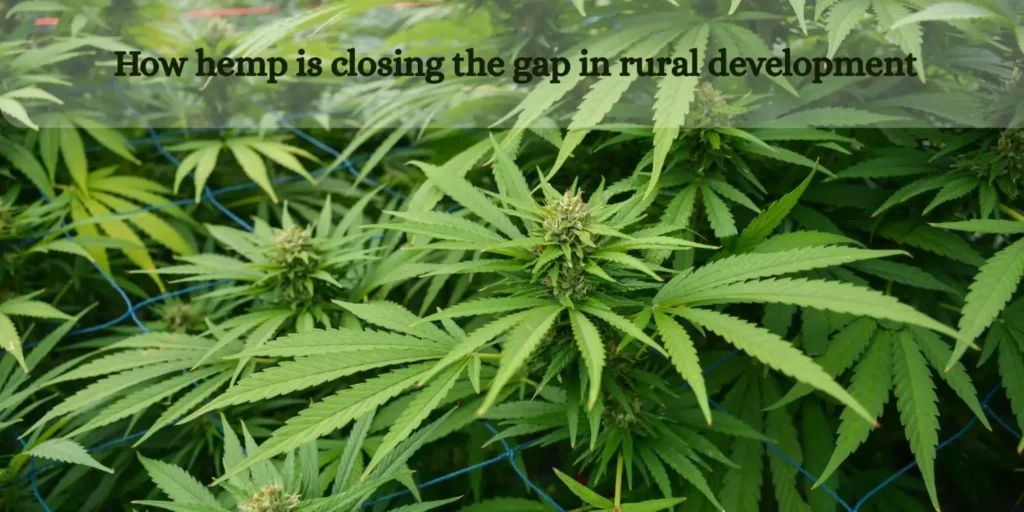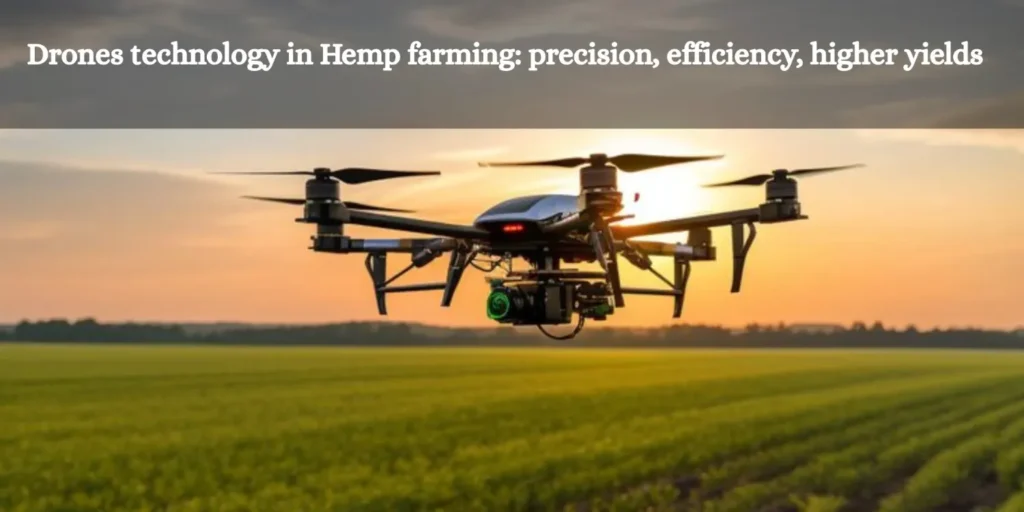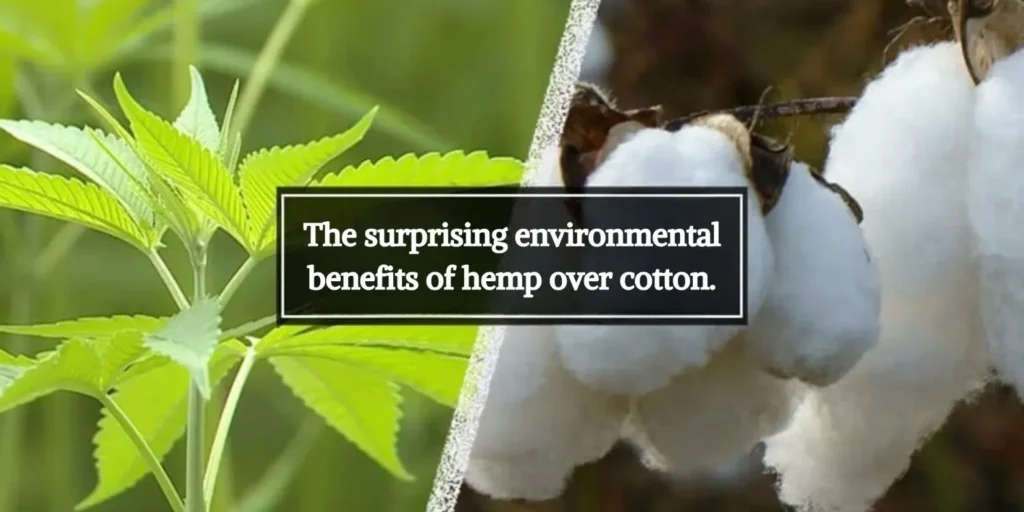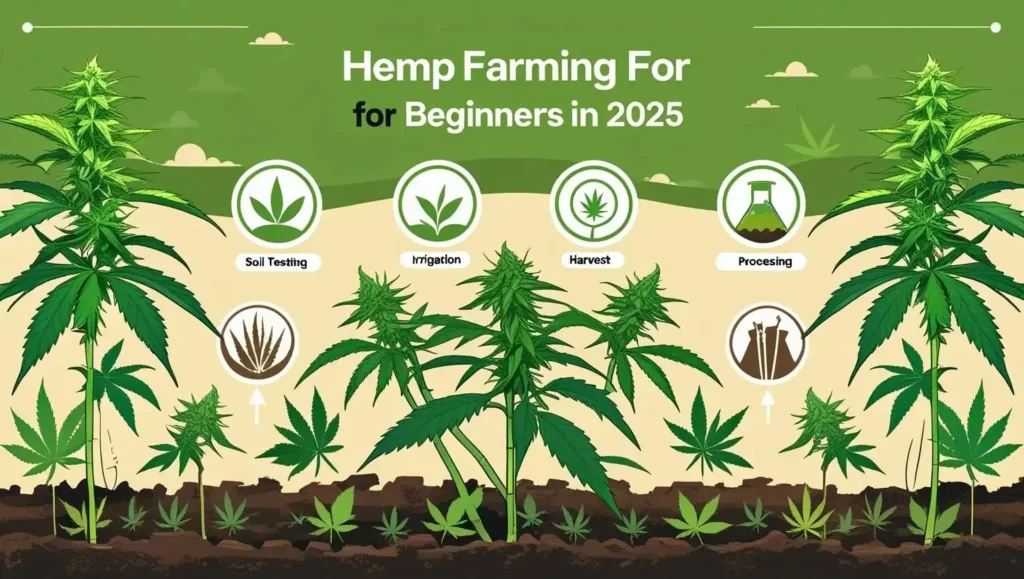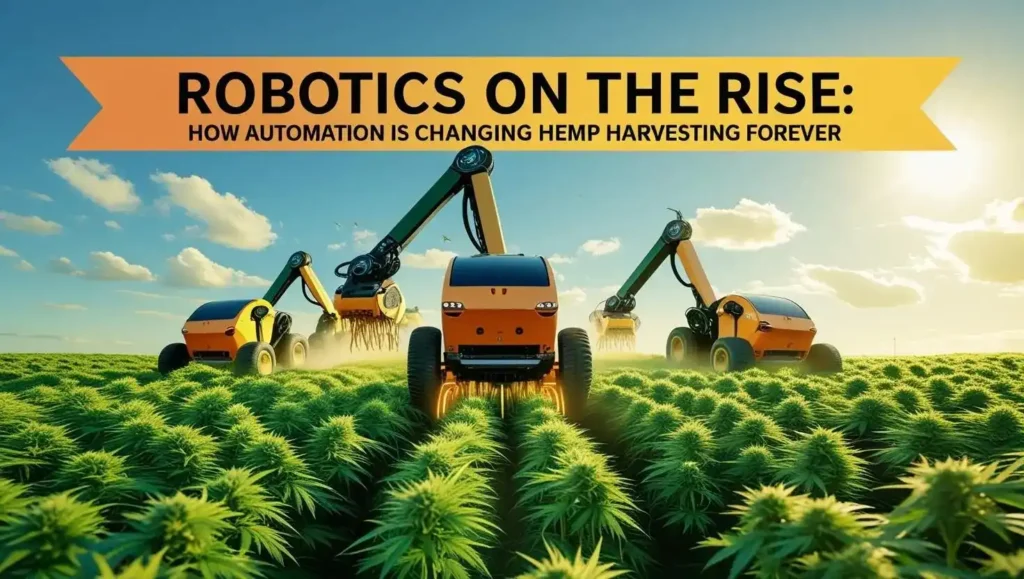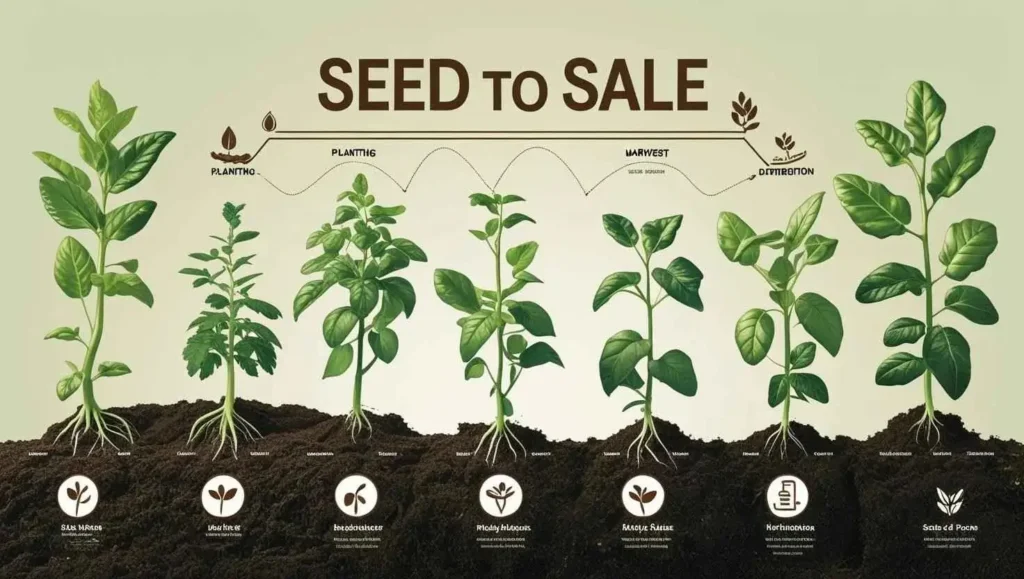How hemp is closing the gap in rural development
Hemp is the most universal crop, having versatile properties and a low environmental impact. Hemp is emerging as one of the beneficiary crops of the Indian farmers and agricultural sector. Traditionally, Indian civilization has had an immense impact on hemp in our culture, and it’s been cultivated since time immemorial. While it has been used […]
How hemp is closing the gap in rural development Read More »

